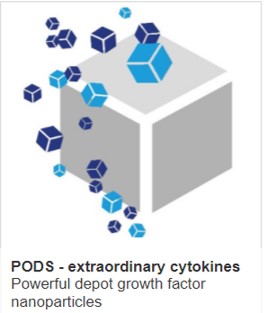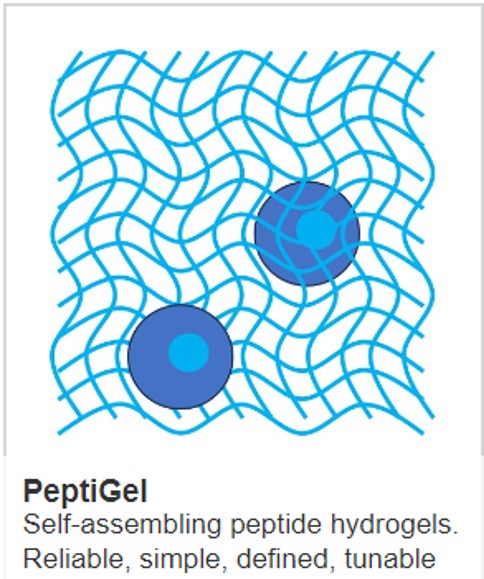Cancers with the best, worst and most improved prognosis

Over the last 25 years, the survival statistics for cancer patients have improved. Changes in lifestyle (e.g. smoking), earlier detection and better therapies have all contributed. Here, we look at which cancers have the best, worst and most improved survival rates.
Best Prognosis
Breast Cancer: With a five-year survival rate of 89.6%, breast cancer patients have seen significant improvements in prognosis due to early detection, personalized treatment, and advancements in understanding the tumour microenvironment.
Prostate Cancer: Boasting a five-year survival rate of 98.2%, prostate cancer has one of the highest survival rates among cancers, attributed to effective screening methods, early detection, and advances in treatment options.
Worst Prognosis
Pancreatic Cancer: Despite efforts in research, pancreatic cancer remains one of the cancers with the worst prognosis. The challenges include late detection, aggressive nature, and limited effective treatment options. The survival rate for pancreatic cancer is significantly lower compared to almost all other cancers.
Glioblastoma Multiforme (GBM): GBM is a highly aggressive brain tumour with a poor prognosis. Despite advancements in understanding its biology and attempts at targeted therapies, the survival rate remains low, with many patients surviving less than two years after diagnosis.
Most Improved Prognosis
Non-Small Cell Lung Cancer (NSCLC): NSCLC accounts for 85% of lung cancer cases. Despite lung cancer having a poor prognosis historically, advancements in diagnosis and therapy are making this cancer more survivable. Immunotherapy has revolutionized the treatment landscape for NSCLC (and other cancers) by harnessing the body’s immune system to fight cancer. Immune checkpoint inhibitors, such as drugs targeting PD-1/PD-L1 and CTLA-4 pathways, have demonstrated remarkable success in treating advanced NSCLC, leading to durable responses and improved survival rates in a subset of patients
Conversely, cancers like pancreatic cancer and glioblastoma multiforme (GBM) continue to present the most significant challenges, with limited advancements in improving prognosis due to their aggressive nature, late detection, and the complexity of effective treatment.
Innovation and collaboration across disciplines are essential to develop more effective treatments, enhance early detection, and ultimately, improve survival rates and quality of life for cancer patients worldwide. At Cell Guidance Systems, we believe that improving the delivery of immunotherapeutic drugs is key to further gains in survival. This is our focus.
An explainer video can be found here
IMAGE Drug infusion CREDIT: Shutterstock



